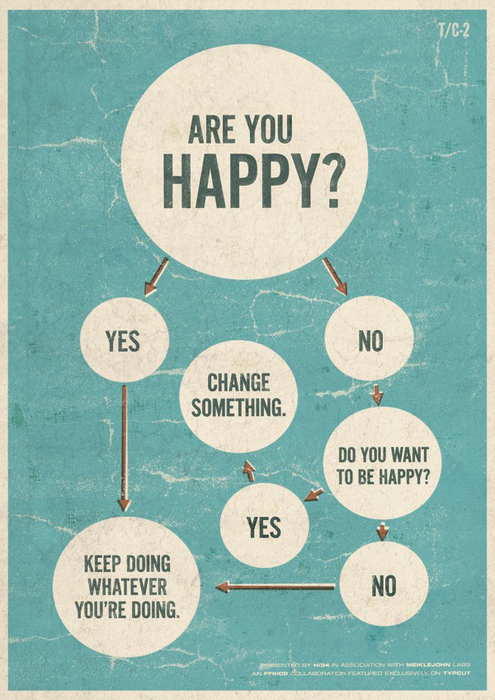There was a time when this blog was a well, kept, thriving garden of entertainment and thought. It might have looked like this:

After months of neglect and half-heartedness, the blog is looking more like this:
 I can’t guarantee the blog will get a whole lot better, though. But I can at least update you on some of the happenings in the collapsed universe of WhiteEyebrows.
I can’t guarantee the blog will get a whole lot better, though. But I can at least update you on some of the happenings in the collapsed universe of WhiteEyebrows.
1. New Job
August first, I started a new job. I still work for the same company, but I am reporting to a new boss and have had my job responsibilities expanded and changed pretty dramatically. The decision to take the job was a little difficult, because I really had nestled into a groove with my team. We worked in a pretty tight-knit, small group of developers in a highly iterative and collaborative way. It took us quite a while to get that engine really humming, but we finally hit a good stride. I was even starting to do more real programming, not just designing. It was a great growth time for me, and I really appreciated my manager and my teammates.
Now to try and explain my job…
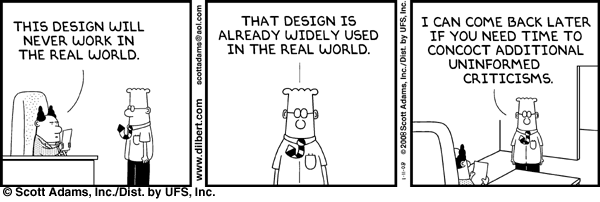
In my old job, I was a designer for a specific product we’ve been developing for about a year now. So what do I mean by designer? I was the visual designer (the guy who made it look the way it did) and also an interaction designer (the guy who makes it work the way it works). So I worked with programmers to make the thing look and act like it should (and like customers would like). We kind of call this “user experience” – the sum total of all the decisions and designs that create what a product looks and feels like to a user.
The new job is in the same vein. I’m still in “user experience”, but rather than being focused on one project I will now be ‘influencing’ a lot of projects and products. In my new role, the scope has changed as well. Before, I was looking at my project – one component of a complex product or system. In my new role, I’m to be looking at the experience our customers are having with the entire company – end to end. Everything from pre-sales, sales, installation and configuration all the way through to support and end of life. My current focus will still be on products themselves (I have some great peers who are focused on other parts of the experience), but the vision has expanded to include much more.
In a way it’s exciting, because there is so much work to do – and I kind of have carte blanche to go work on whatever I want. I don’t see how I can go wrong – there is so much work to be done. If I do anything, it will look like I’ve done something. I also feel a huge buy in from upper management, and have had great support from my old boss and my new boss as I make the transition. So… so far, so good.
2. Starting School
Yesterday, I also started the Arts and Technology program at the University of Texas at Dallas. The current plan is to get a Masters of Fine Arts (MFA) degree. I’ll be focusing a lot on the things I was talking about above – user experience, user research, and trends/topics in technology. The program itself is a fusion of humanities and technology. They have a very aggressive program in animation, motion capture, and other cutting edge technologies; which draw a lot of interest on their own.
Now if I could just find a trapper keeper…

The first class yesterday was a little goofy. We spent 1:45 just introducing all 42 students in the class. Since I was first (the curse of having an “A” last name), I just stood up and gave the standard 3 sentence introduction – where I did my bachelor’s work, where I work now, and what my interest was is in the program. After a few other people, though, it became apparent that this was becoming more of a life history/bragging session. I had to hear about every project some people did since the fourth grade. It became disturbingly apparent that many people were there because they couldn’t find jobs or were going through job transition. I was surprised at how many people outwardly admitted they just wanted to teach and become a professor. Are there really that many professorships available? Is higher education a rapidly expanding career field and I never knew it?
Some of the students are a little gross. Thankfully, I sat in the corner of the room with the nice smelling people, but when we went to go to break and dismiss, I passed a few individuals who smelled like they hadn’t taken a shower in weeks. There was a lot of poorly trimmed beards and moustaches as well, and a lot of kind of self-important comments from people – you know the type – the ones who want to talk on the first day of class to set themselves out there as a vocal know-it-all in the class.
The oddity of the participants notwithstanding, I hope to gain a few things from the next 2 years in this program. Hopefully, if I can keep a 9-credits-per-semester schedule, I’ll be done in 7 semesters. If I go through the summers, that’s only 2 and 1/3 years. Either that, or my brain will explode.
3. Conclusion
I’m tired and busy. I’m trying to kick my focus and energy back up another level. I’ve decided that if I’m going to succeed in my new job, school, church calling, infinite side projects, and as a husband – I’m going to have to make excellent use of my time and energy. I guess, for the next few years at least, I’m done with the relaxation and enjoyment of a slower lifestyle. So the back half of 2010 is going to be taken to a WHOLE ‘NOTHER LEVEL!
There’s more to tell, but I’m just plain out of time, out of room, and out of will power to write about it. I could tell you about how it is to have my brother living with us. I could tell you how A2 is the #1 auditor at her work. I could tell you how we are really looking forward to our upcoming vacation to Italy… and more! Maybe if you comment and ask me some pressing questions, I’ll feel compelled to post again.
Or not.
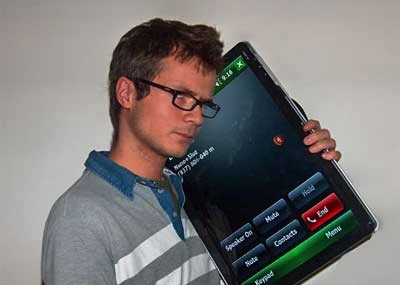
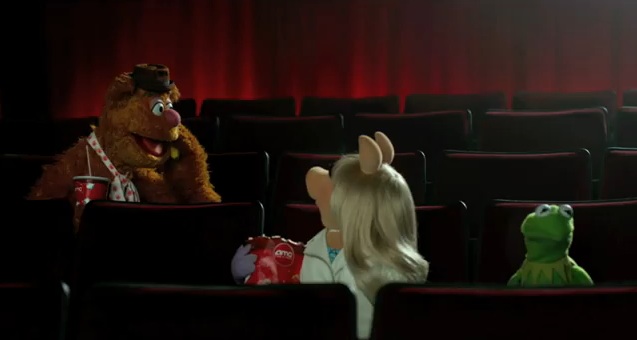


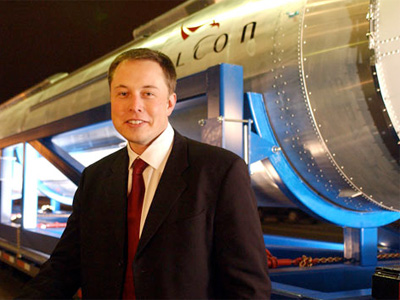
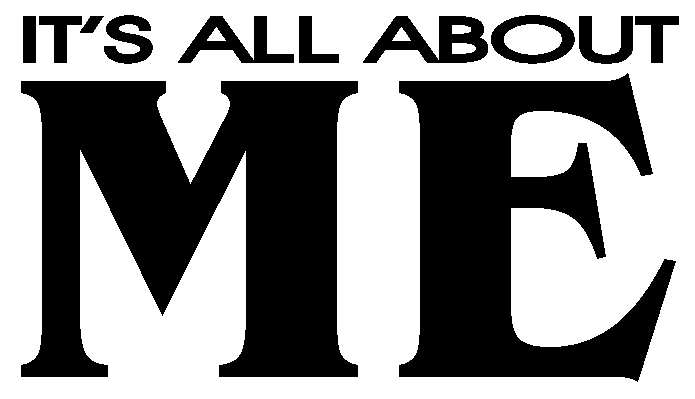

 I can’t guarantee the blog will get a whole lot better, though. But I can at least update you on some of the happenings in the collapsed universe of WhiteEyebrows.
I can’t guarantee the blog will get a whole lot better, though. But I can at least update you on some of the happenings in the collapsed universe of WhiteEyebrows.

